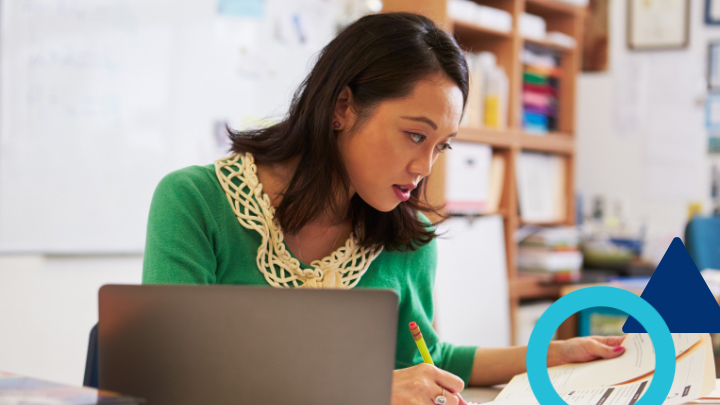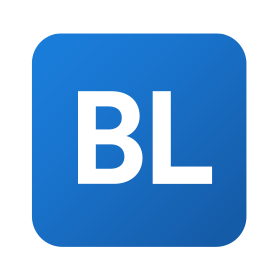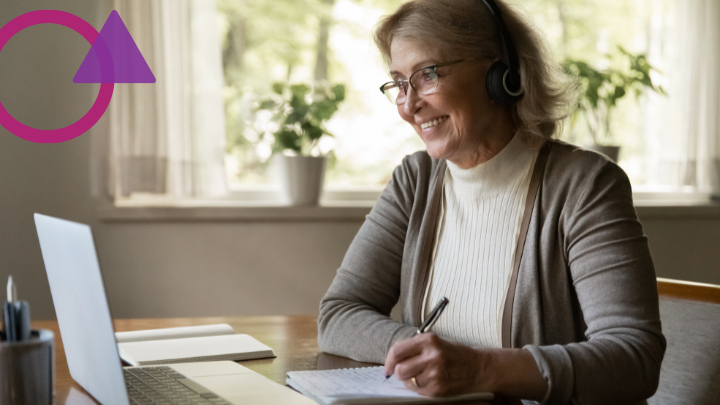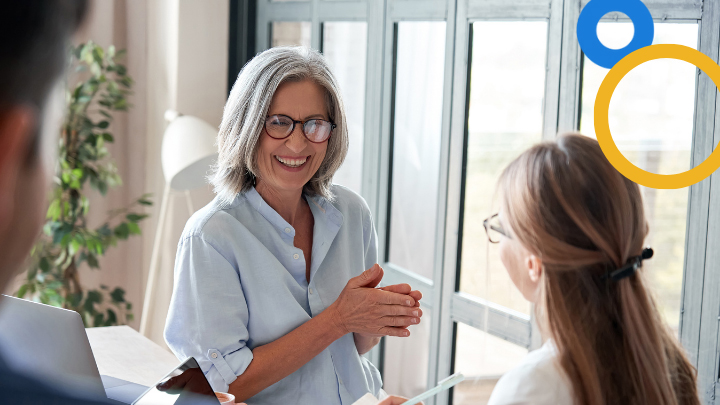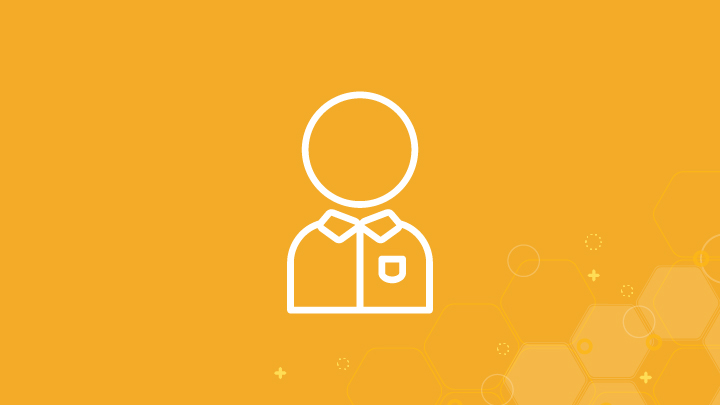One year ago at this time, the world was shutting down in response to the COVID-19 pandemic. We asked our 2020 BetterLesson bloggers — instructional coaches and master teachers — to offer some of their biggest lessons from this past year. We hope their thoughts resonate with you, too!
Relationships
I learned what we already knew but perhaps allow ourselves to forget — everything that we do as educators comes down to the relationships we have with students. Our ability to truly listen to students, respond to their needs, and amplify their voices is some of our most important work and impacts students’ engagement and academic success more than we can ever measure.
— Caitlin Macleod-Bluver, BetterLesson instructional coach (Read more from Caitlin)
Over the past year, we as educators have learned the true importance of relationships. Relationships between teachers and teachers allow us to collaborate and grow as educators. Relationships between teachers and the school community are crucial in student learning. These relationships have been brought to the forefront over the past year and I will never take them for granted again.
— Liz Russillo, BetterLesson instructional coach (Read more from Liz)
Student Agency and Independence
I think the biggest gift wrapped in sandpaper for the students is that they truly got the chance to own more of their own learning during this pandemic. Some were up for the challenge and others may need more time to work on their agency, but all were given a trial by fire this last year. Every student now understands video conferencing, the challenges of working independently, and the value of face-to-face interaction. I can’t wait to see what comes next!
— Lisa Gottfried, BetterLesson Adobe Master Teacher (Read more from Lisa)
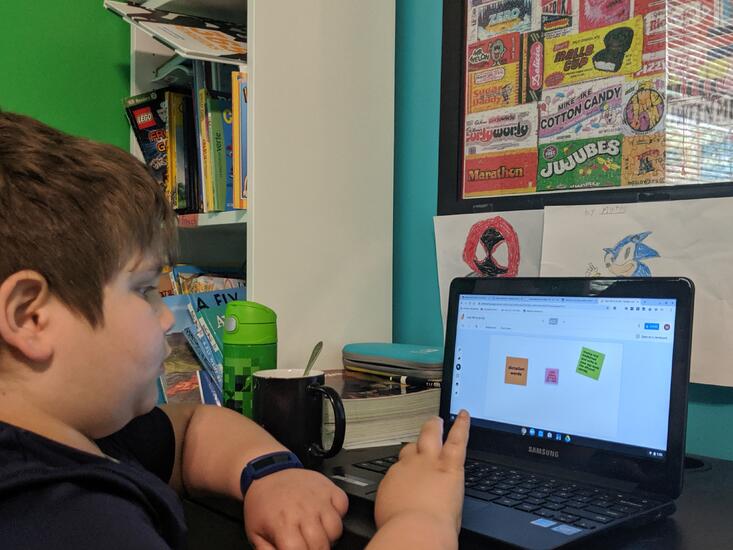
I have seen my children learn so many new skills because of the shift to distance learning. So many people focus on learning loss, but let’s also celebrate the gains: My 8-year-old now knows how to compose a well-written email to his teacher to ask her politely if she received his assignment. My 11 year old knows how to use Google Calendar to send invites to his friends so that they can work via Zoom on their collaborative project.
The shift to distance learning has forced us all to learn how to do what makes us happy, healthy, and productive with so many new constraints. I am curious to see how we can support teachers and learners to reflect on these new skills to improve the learning experience on the other side of this pandemic.
— Romain Bertrand, BetterLesson Solution Designer and Leadership Consultant (Read more from Romain)
Social-Emotional Learning, Stress, and Trauma
We’ve learned so many new buzzwords this year — pivot, asynchronous, synchronous, distance learning, concurrent learning — the list goes on. But I hope there’s one word that is taken into consideration even more as we plan for the 2021-2022 school year: TRAUMA.
The effects of trauma on the learning capacity of our students should undoubtedly be at the top of our list in meeting their social-emotional needs moving forward. In fact, it should have always been because we know trauma is not new. Although some of us were blessed to be home in a safe, loving environment, void of sickness with our basic needs (like food, water, and shelter) met, we should be cognizant that it wasn’t the reality for all. School closure due to Covid-19 was traumatic. How we respond to that fact moving forward will show if we truly put into practice “educating the WHOLE child.”
— Taryn Givan, BetterLesson instructional coach and Services team member (Read more from Taryn)
This time period has brought into greater focus the way that emotions, stress, and relationships impact learning. Whether we’re talking about students’ or teachers’ development, very little growth can occur when stress and anxiety are at the forefront of one’s mind. Giving people permission to slow down, develop strategies for reflection, hone in on meaningful moments – these skills will sustain people through a crisis more than holding them accountable for pre-pandemic lesson pace or curriculum benchmarks.
— Kennedy Schultz, BetterLesson instructional coach (Read more from Kennedy)
My Big Mama used to say “You have to take the meat and leave the bones!” Distance learning has personified that proverb for me. There are many things I could list that have been a complete disaster! Those are the bones so I’ll leave them.
I will take the meat for me. It has been resilience. The number of pivots I’ve had to make at the last minute is innumerable! Like during a lesson when technology fails, after a PLC or staff meeting, or when a student is lost and can not compose themselves. I always knew that children are resilient — they have the task of growing, learning, and coming into their own, all while bearing the brunt of the life choices of the adults around them, which are out of their control.
As an adult, trying to teach 127 students while my own children are home doing distance learning and quarantining, I have no doubt resilience and pivoting is the "meat" of distance learning.
Genee’ Johnson, BetterLesson Master Teacher in the Culturally Responsive Teaching and Learning Project